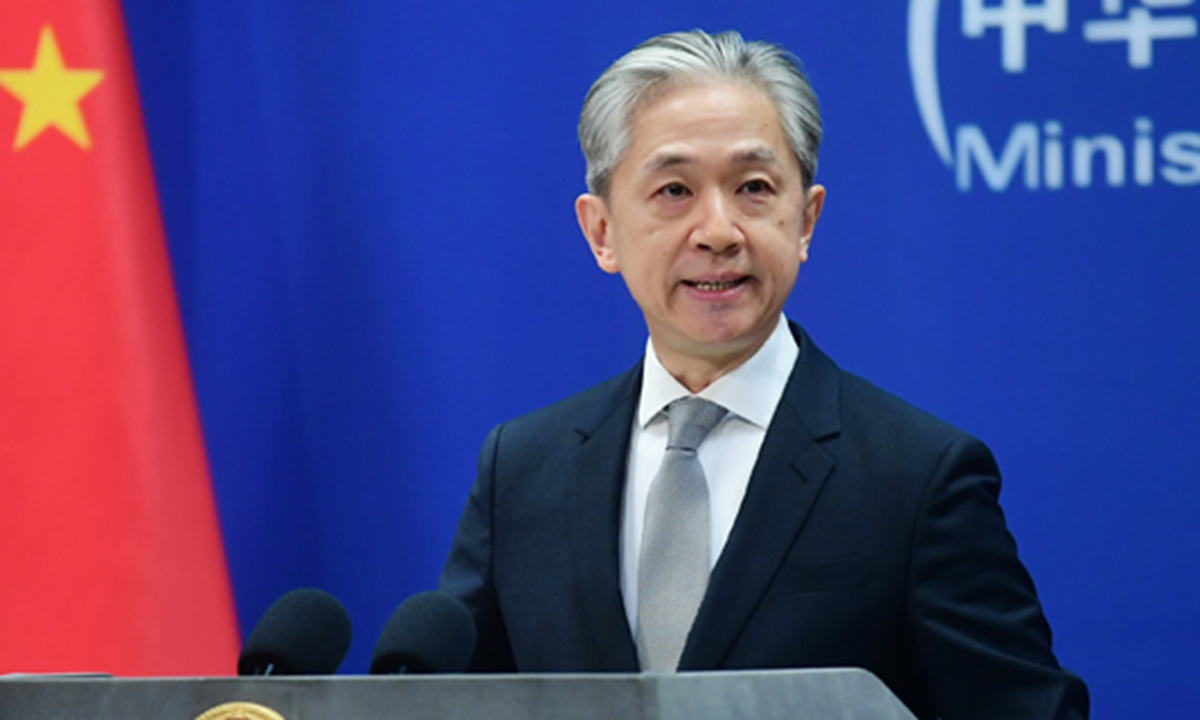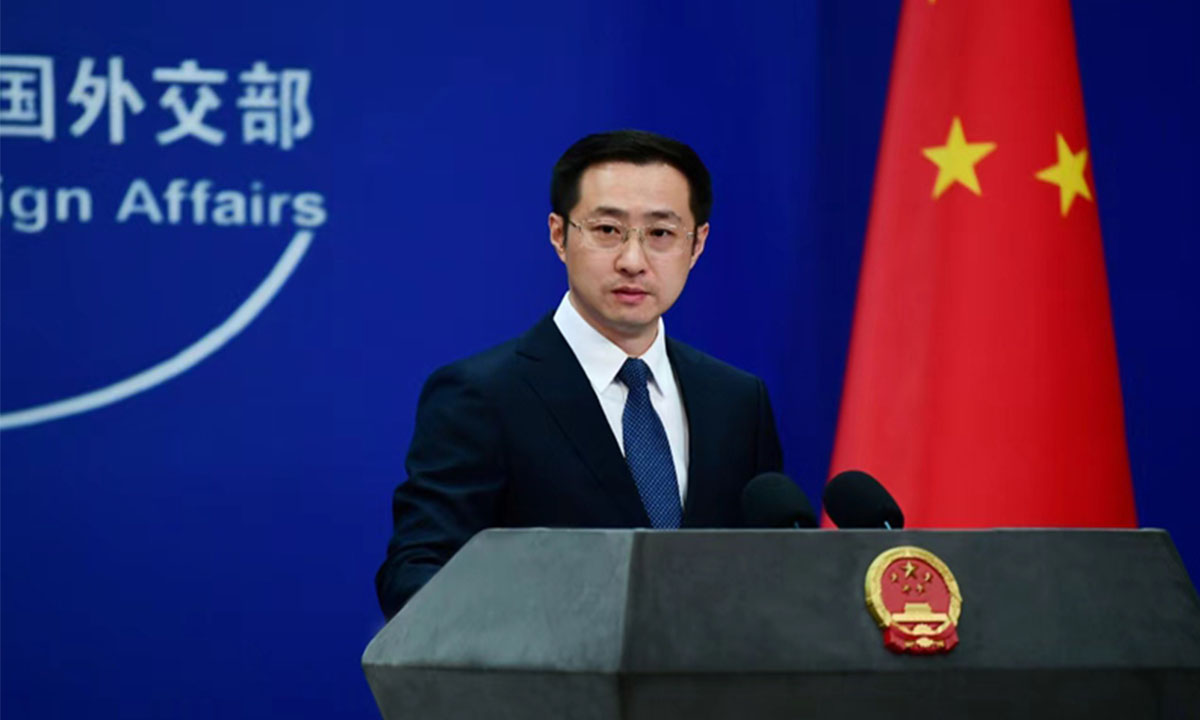China's market for foreign business improves, offers further potential: British chamber head

The launch of the British Business in China: Position Paper 2024 in Beijing on May 22, 2024 Photo: Yin Yeping/GT
China's market for business has seen significant improvement and substantial changes over the past 15 years and is generally moving in the right direction, Julian Fisher, chair of the British Chamber of Commerce in China, said in an interview with the Global Times on Wednesday. Fisher also shared his insights on the potential for bilateral cooperation in the electric vehicle (EV) sector, where China holds competitive advantages.
His comments were made on Wednesday on the sidelines of the launch of the British Business in China: Position Paper 2024. The paper outlines the positive changes and opportunities perceived by British companies in China, while addressing remaining concerns and challenges. These firms anticipate more positive changes to take place so they can further tap into the potential of the world's second-largest economy.
In his interview with the Global Times, Fisher said that the improvement in the business climate has been significant.
"When I came to China in 2005, it was an incredibly challenging place for international businesses to operate," Fisher said, naming things like intellectual property rights and copyright concerns.
"But that's no longer the case," he said, giving credit to an effective system for managing things like trademark infringement.
The British chamber has welcomed many changes in the Chinese market this year, the Global Times learned from the chamber on Wednesday.
For example, the chamber has been very pleased to see the impact of its advocacy in the education sector, with numerous crucial policy changes being implemented.
Following consistent advocacy in recent years on behalf of vocational education, last year the Chinese government announced that 115 vocational qualifications, mostly international, would be added to its whitelist, making them legally recognized, the chamber said in the position paper.
This change has brought crucial benefits to a wide array of British education providers and represents an important shift toward a more holistic policy approach to China's educational landscape, according to the chamber.
Cybersecurity regulations became a top multi-sector regulatory issue faced by chamber business members in the British Business in China: Sentiment Survey 2023-24 which was released in December.
At the Wednesday release of the position paper, the chamber said that the Chinese government has sought to address this through increased regulatory flexibility and clarity, notably through exemptions, pilot zones and provisions to provide systematic categorization standards. The chamber welcomes these changes and encourages further action.
The chamber was pleased to see several breakthroughs that considerably improved the regulatory landscape for cross-border data transfers in the first half of 2024, according to the position paper released on Wednesday.
British companies are excited by Chinese plans to foster a more transparent and predictable policy environment, while anticipating "demonstratable changes."
As to the financial sector, a key area of bilateral cooperation, the chamber said that China's vast market remains a steady factor attracting investment from financial services businesses. British businesses are confident in strong demand for international equities and fixed-income products from Chinese consumers.
The chamber anticipates more changes, including a further reduced negative list for foreign businesses, among others.
When it comes to the potential for strengthening bilateral cooperation between China and the UK, Fisher noted sectors such as EVs.
"We don't have a massive EV industry in the UK and we do import a lot of cars from Japan, the US and Europe. So, I think that there are opportunities here for the UK to engage in China a little bit differently [from others]," Fisher said.
"But that will depend on how China engages with the UK and the rest of the world. It will also depend on how the UK government decides to align itself or not align itself on certain issues," Fisher noted.
"Brexit was a big challenge for the UK both in terms of our trade and our reputation. But perhaps now one of the benefits we're seeing is we can operate independently from the EU and from the US and from everyone else, so that we can chart our own path," Fisher said, noting that in his personal opinion, the EV sector might be one area where both sides can work together.
Just like many other foreign firms, British businesses have been profiting from the booming Chinese market for many years, and the current potential in China, especially in emerging sectors like new energy and artificial intelligence, is substantial for them to tap into, Yang Chengyu, an associate research fellow at the Institute of European Studies of the Chinese Academy of Social Sciences, told the Global Times on Wednesday. As China continues to open up its market, with the further implementation of a series of highly facilitative measures for foreign businesses, the country will draw more foreign investors from countries including the UK, Yang said.


